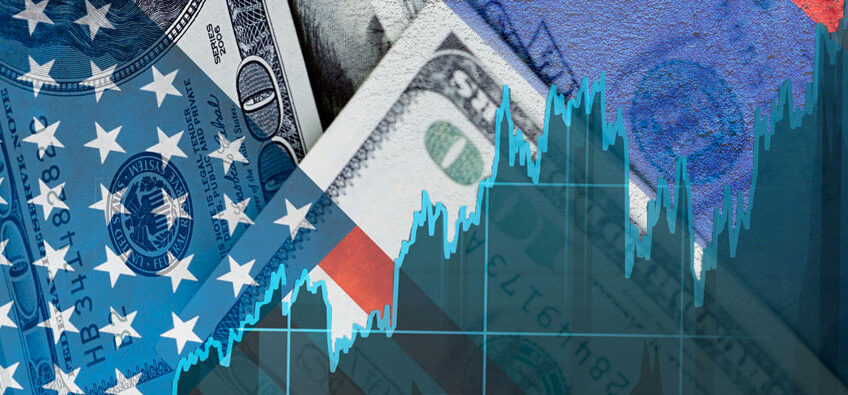
How Are Americans Doing in the Bidenflation Regime?

So how are your fellow Americans faring under the Bidenflation regime?
Just like you think they are. Not well!
Well over half say that they are suffering moderate to severe financial hardships, according to a new Gallup poll.
In November, when the authorities were still insisting that inflation was transitory, 45 percent of Americans said the price increase was causing their household financial hardship. By January the number had risen to 49 percent.
But the numbers keep climbing. Now a majority, 56 percent of Americans, are citing financial hardship. It doesn’t take long to impoverish the middle class and upend an entire country with funny money, does it?
Among those with household incomes less than $48,000, 26 percent cite severe hardship, as do 12% of middle-income Americans. Even upper-income Americans are feeling the pinch, with 4 percent citing severe hardship.
We don’t have much confidence in any of the government measures of price inflation, but for the record, here is the one the Federal Reserve claims to rely upon, the Personal Consumption Index. It is back into territory that has not been seen since the early 1980s.

With prices climbing, and rates where we haven’t been in decades, the Gallup survey asks what respondents are doing to cope. Many cite buying only essential items. Others are traveling less, driving less, and canceling vacations. Other strategies involved buying cheaper and generic goods, dining out less, and cutting entertainment.
And that – widespread spending cuts across the board – is how recessions get underway and pick up steam.
For many Americans, the struggle to stay even involves working more hours and looking for a second job. Others report they are canceling medical appointments and procedures. No wonder the American lifespan is falling fast.
The British Medical Journal reported this month that American longevity has seen its sharpest decline in a century. It is down by almost three years since 2019.
The Gallup poll results are based on an Aug. 1-22 web survey that interviewed over 1,500 members of Gallup’s probability-based panel.
